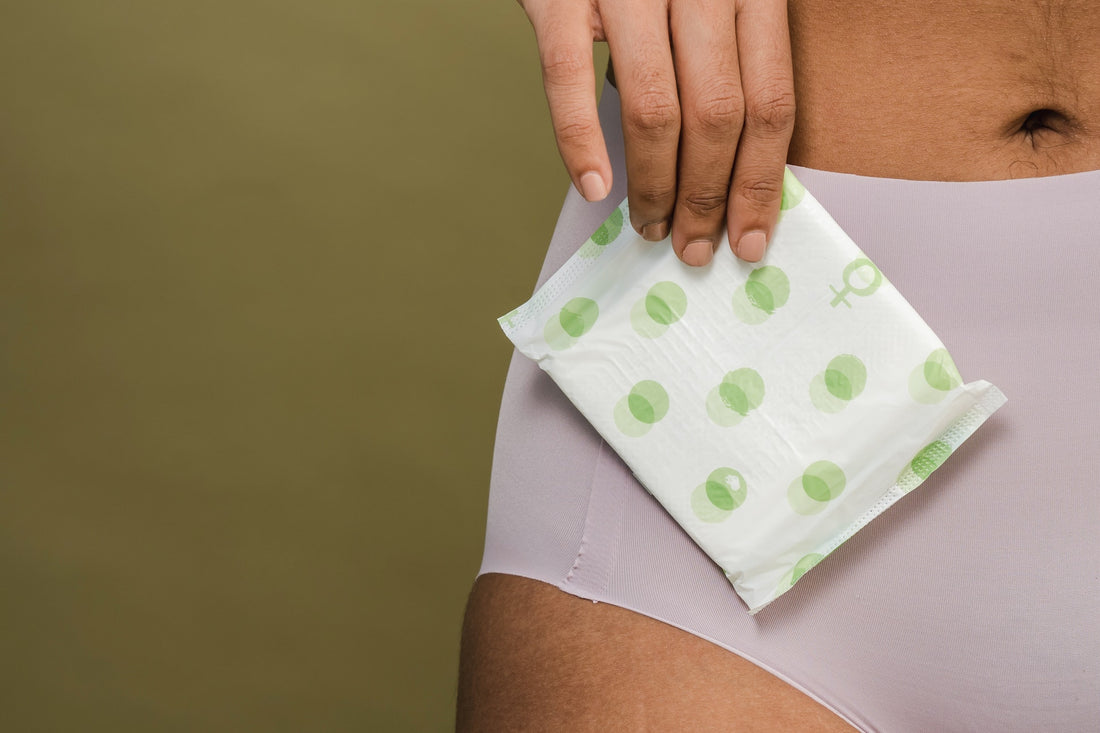We all strive to reduce our carbon footprint. If you are incontinent and are considering stopping using disposable products to protect the environment, you may be interested in knowing the climate impact of replacing disposable products with reusable ones.
There are, of course, several different types of disposable products, all of which have different climate impacts and can be replaced by different reusable alternatives. Paper covers for the bed can be replaced with plastic terrycloth sheets. Disposable absorbent trousers can be replaced by washable incontinence briefs; disposable pads can be replaced by washable pads; and disposable vaginal products, such as Contrelle, can be replaced by reusable products such as Efemia Bladder Support.
Different types of incontinence pads
Disposable pads consist of plastic, cellulose and super-absorbent polymers. Reusable pads are made of cotton, polyester and a polyurethane sealant. For disposable sanitary pads, where several pads are used per day, material consumption is the main culprit in its climate impact. 90% of the climate impact of disposable pads comes from the manufacturing material. Just by switching to disposable pads made from recyclable materials and with a slim design, the environmental impact can be reduced by more than half. There is a debate about whether disposable or reusable sanitary pads are more environmentally friendly and many have concluded that because reusable pads need to be washed frequently, they have about the same environmental impact as a modern, slimline disposable pad.
Alternatives to incontinence pads
We have compared the environmental impact of our bladder support, Efemia Bladder Support, to a thin incontinence pad, Tena Lady Normal, and concluded that the environmental cost, measured as the carbon footprint of an Efemia Bladder Support is about the same as that of four disposable pads (0.12 kg carbon dioxide equivalent). If you use four incontinence pads per day, replacing disposable pads with Efemia Bladder Support reduces the carbon footprint of incontinence protection by 98 times (-46 kg of carbon dioxide equivalents) in one year. In addition, the annual amount of waste is reduced by 29kg.

